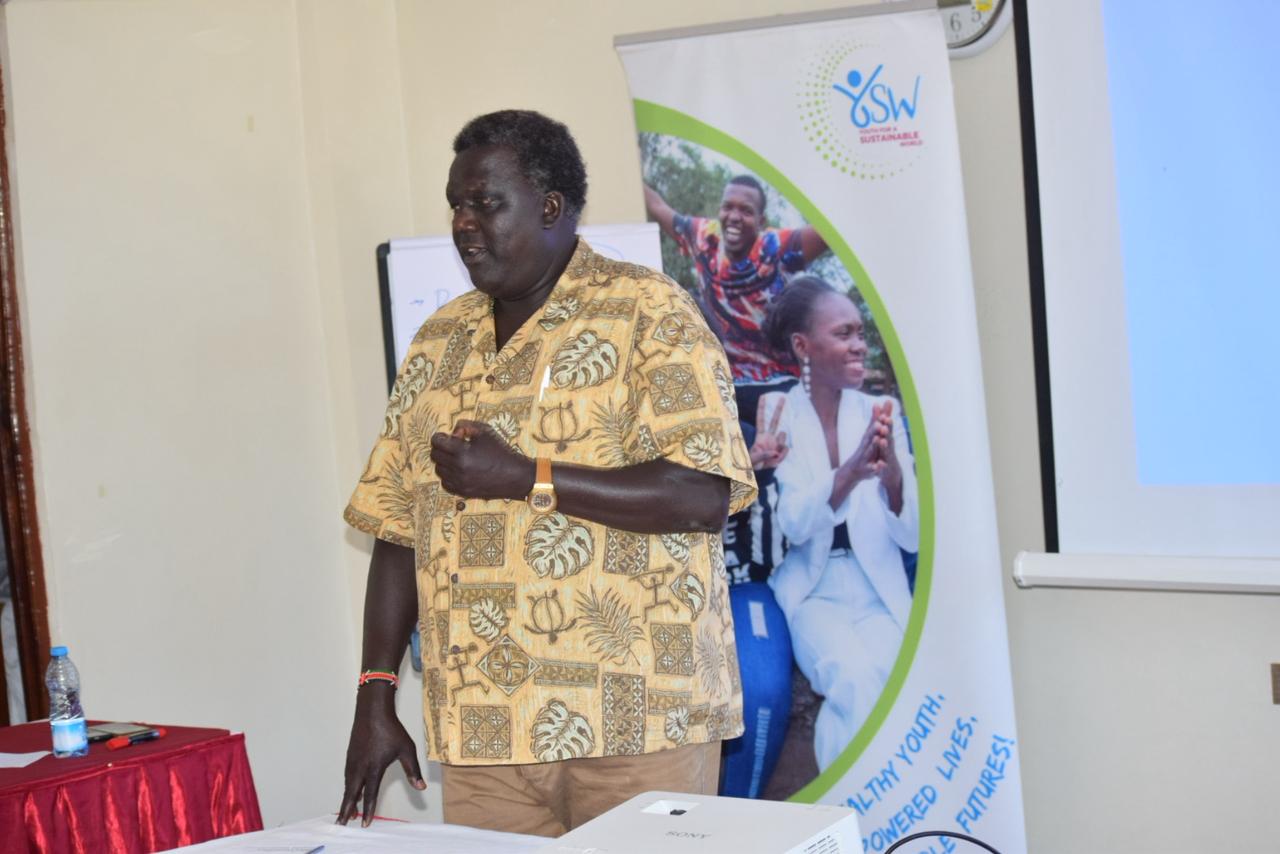The rainy season is here, and we must all dress appropriately for each chilly day.
It’s therefore advisable to put on various layers of clothing to trap warm air during such a season.
Some parents are not considerate of the learners they send to school. We have those in Primary and ECDE who come to school in a mere shirt or blouse without any reasonable warm outfit.
This mostly happens in public schools. The resultant illnesses could be the flu, common cold, pneumonia, or bronchitis, among many others.
Most of these learners come from very challenging backgrounds and survive on one meal a day.
The best teachers can do is observe and advise parents and learners accordingly, so they can dress appropriately.
Parents do imagine purchasing heavy clothing that perfectly blends with the weather conditions, but this wastes resources.
Little do they know that the diseases associated with cold weather conditions could have extremely devastating effects.
Teachers feel completely uncomfortable during cold weather, teaching a class where some members are uncontrollably and continuously shivering because they lack proper outfits.
Most patients succumb to various illnesses during such weather because their bodies are subjected to extreme cold conditions.
Realise that schoolchildren’s bodies are tender and weak. They should be protected by heavy clothing.
Learners should also be allowed to wear a Marvin cap to protect their heads from the adverse effects of cold.
Some learners at lower learning levels lack shoes and sweaters, and some of their shirts and shorts even lack buttons. These are the people who are supposed to be taught so that they can pass exams.
Teachers should also dress appropriately to avoid falling ill during such seasons.
Putting on shoes and socks assists learners in evading electrocution from loosely held electric wires and, at times, lightning.
By our reporter
You can also follow our social media pages on Twitter: Education News KE and Facebook: Education News Newspaper for timely updates.
>>> Click here to stay up-to-date with trending regional stories
>>> Click here to read more informed opinions on the country’s education landscape
>>> Click here to stay ahead with the latest national news.






